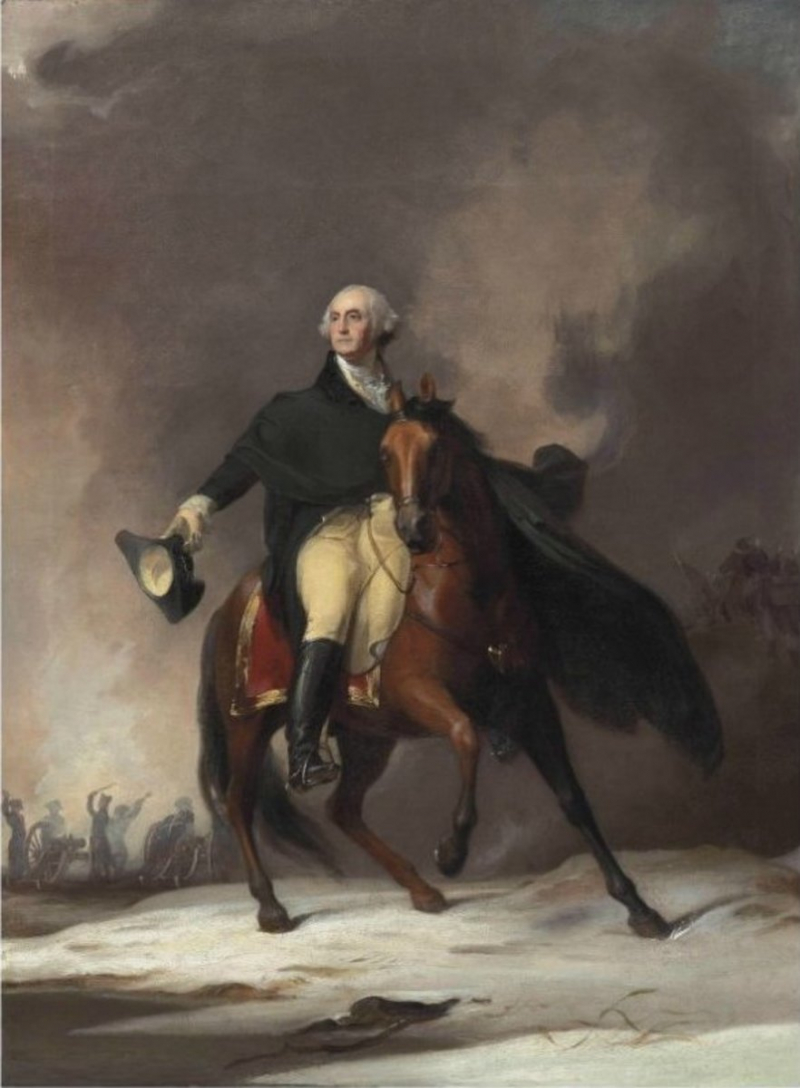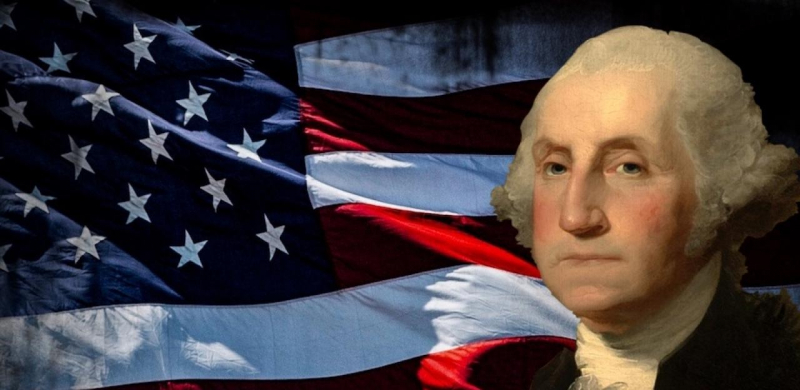He kept the U.S. out of the French Revolutionary War in Europe
The French Revolution, which started in 1789, dominated the foreign policy of the Washington administration. Between France and a number of European nations, notably Great Britain, war broke out in Europe in 1792. Despite the pro-French sentiment that existed in America, George Washington thought that the country was too fragile and unstable to enter another war. Thus, on April 22, 1793, he declared the United States neutral in the war in Europe and issued the Proclamation of Neutrality.
The Neutrality Act of 1794, which made it illegal for an American citizen to commit war against any nation at peace with the United States, gave the Proclamation official legal status. Although revised, the Neutrality Act is still in effect today. By preventing the new nation from entering a war, George Washington established an important precedent for America's neutrality in international disputes. The Pinckney's Treaty, which put an end to territorial disputes between the United States and Spain, is one of the Washington administration's other significant achievements in foreign affairs.











